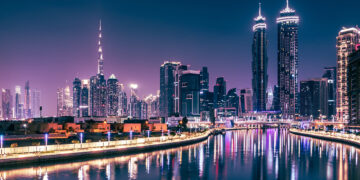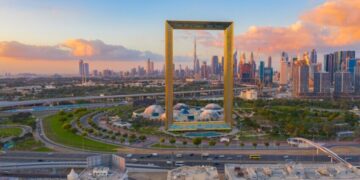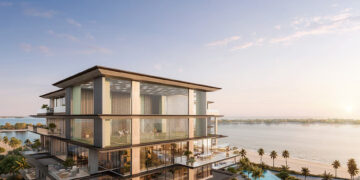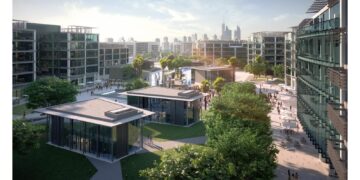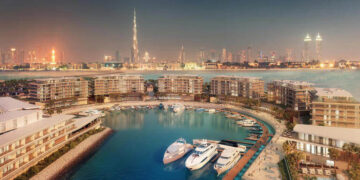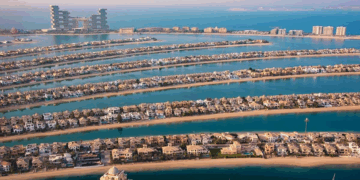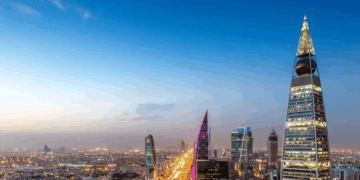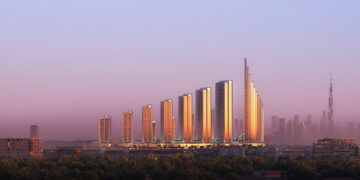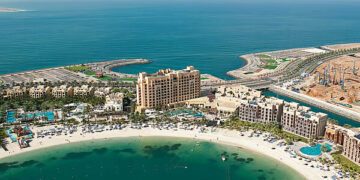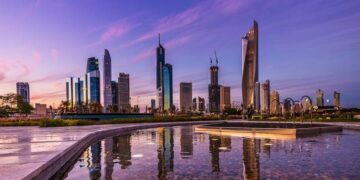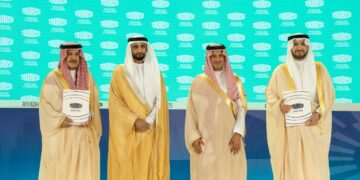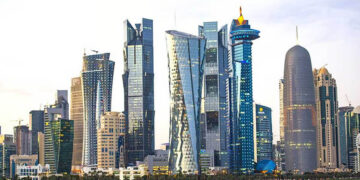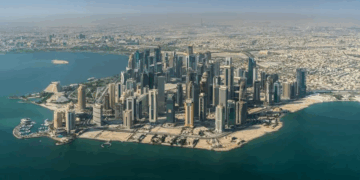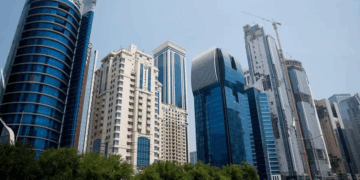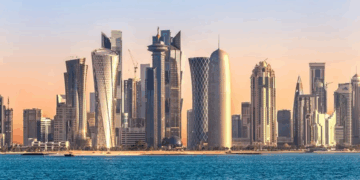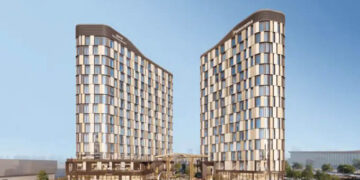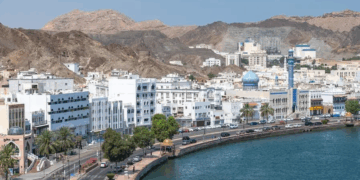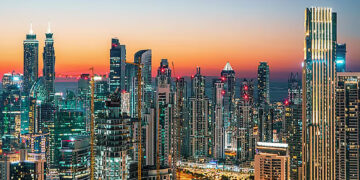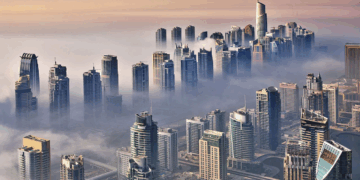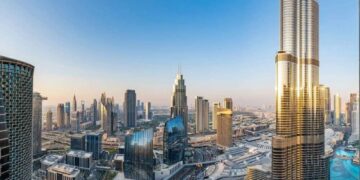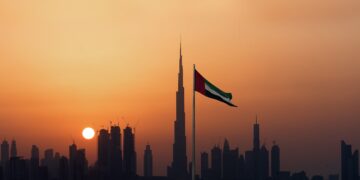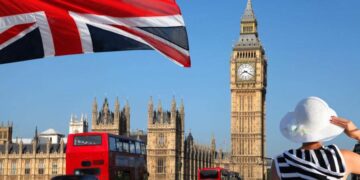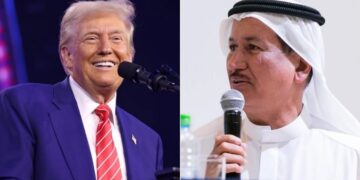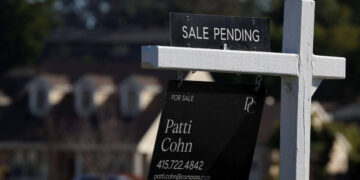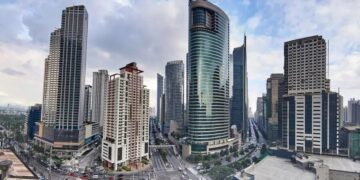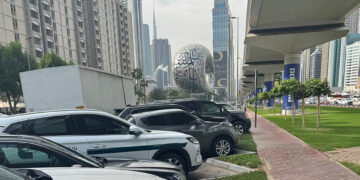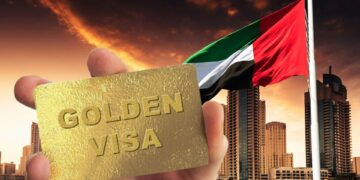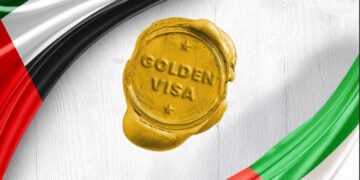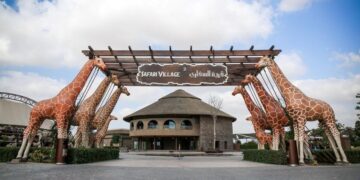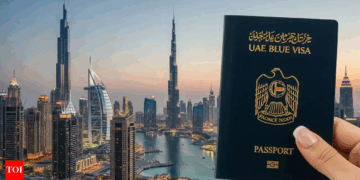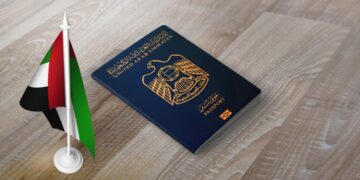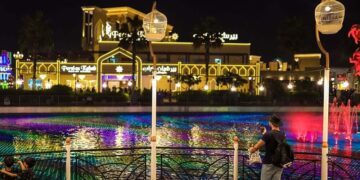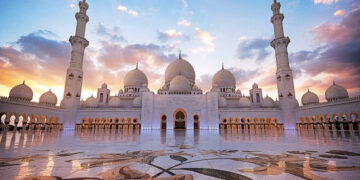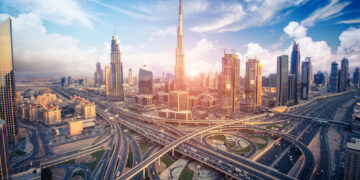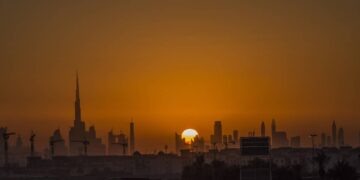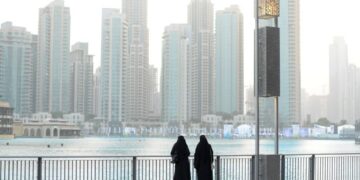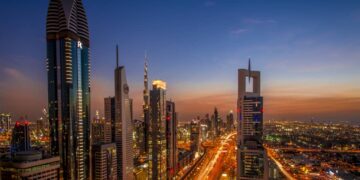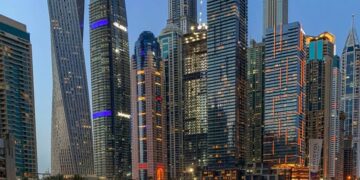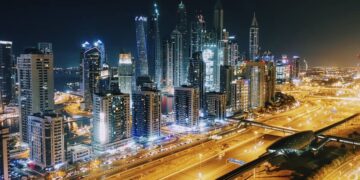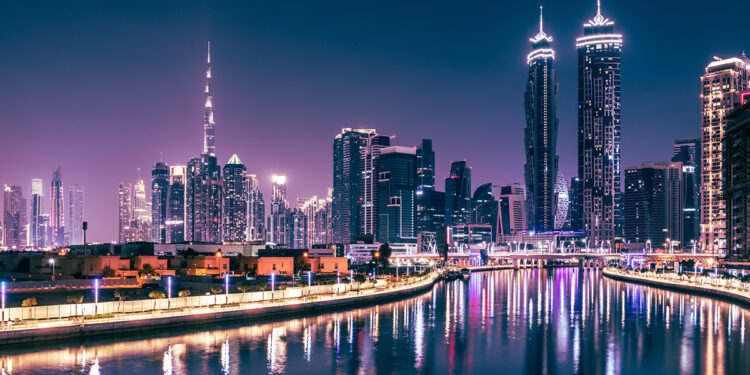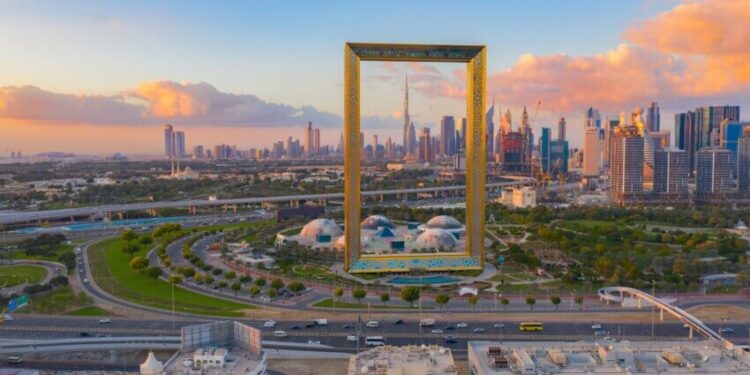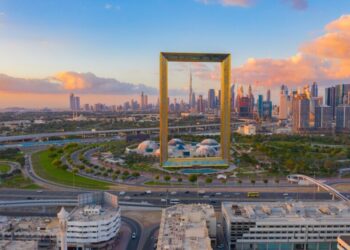The UAE’s real estate industry is expected to experience a windfall gain in the upcoming weeks and months due to Trump’s unconventional policies and tariff announcements, which have caused the US dollar to plummet and the dirham’s value to plummet. This has led to a surge in foreign investments in the sector, particularly from Europe, Russia, and India. As a result, the UAE’s real estate players may be secretly thanking the US President.
High-end real estate purchases in Dubai and other UAE locations by UK-based wealthy investors are also anticipated to increase as a result of the Gulf nation’s improving currency value proposition and the UK’s adjustments to its non-domicile tax laws.
Due to the UAE dirham’s peg to the US dollar, its value also declines as the US currency depreciates.
Demand for real estate products, particularly in the housing sectors of Dubai, Abu Dhabi and Ras al-Khaimah, is expected to increase significantly as the US dollar is reverting widely, as the US dollar is reverting widely, and the US dollar is reverting widely.
Investors also lead to uncertainty and high tariffs to reduce their investment in the US and further reduce the demand and value of the US dollar.
“Any drop in currency value tends to drive [property] demand in the UAE from overseas investors,” Chris Whitehead, Managing Partner, Dubai Sotheby’s International Realty, told Arabian Business.
A weaker UAE dirham linked to a declining US dollar may make real estate assets in Dubai and the UAE more alluring to foreign investors, according to Angad Bedi, CMD of BCD Group, an international real estate major with headquarters in India.
“Markets like the UK, Europe, India, and even parts of East Asia could view this as an opportune moment to lock in high-value properties at relatively favourable currency rates,” Bedi told Arabian Business.
Farooq Syed, CEO of Dubai-based Springfield Properties, believes that the reduction in currency value, combined with the UAE’s favourable economic environment, durable infrastructure, and strategic posture, will attract global investors seeking stability and long-term prosperity.
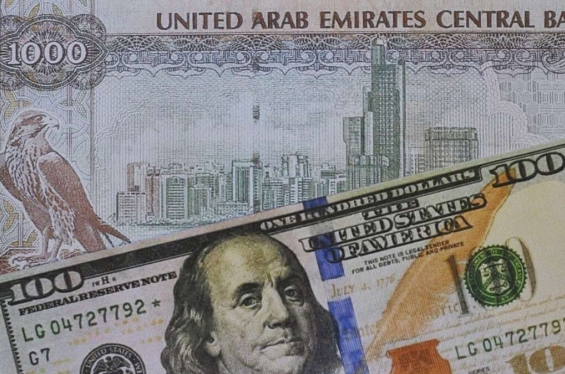
With stock markets falling, taxes rising, and tariffs affecting everyone, market experts predict that the global appetite for real estate will grow as investors shift to tangible assets such as bricks and mortar and precious metals, enhancing the UAE property sector’s appeal to investors.
Currency shift spurs investments
According to industry experts, a lower dirham exchange rate increases Dubai’s appeal to key markets such as India, Pakistan, Russia, the United Kingdom, and other European countries, where favorable currency conditions boost investment possibilities. A lower value of the dirham makes investing in Dubai more attractive and affordable for foreign investors, they said.
According to a senior executive at Dubai Sotheby’s International Realty, the US dollar’s devaluation, which has a direct impact on the worth of the UAE dirham due to its peg, is increasing Dubai’s appeal to international investors.
“This news also coincides with the non-domicile tax law changes in the UK, which are already affecting high-net-worth individuals (HNWIs). Those looking at the UAE for relief will only be more tempted to jump,” he said.
According to Whitehead, Europe will gain from enhanced attraction as real estate square footage increases in value.
“That said, the value that can be achieved in Dubai is around double compared to other key cities,” he said.
According to Sankey Prasad, CMD of Colliers India & Middle East, currency value changes frequently serve as accelerators for cross-border investments, and the evolving environment is considerably positive for the UAE.
“Combined with the UAE’s progressive visa reforms, safe city reputation, and tax-friendly policies, the market is poised for even greater inflows,” Prasad told Arabian Business.
He did, however, say that investors should focus on asset quality to achieve good, long-term returns in addition to currency advantages.
According to Bedi of BCD Group, given that UAE real estate is already seen as a safe haven with excellent rental returns and a business-friendly atmosphere, the currency advantage might tip the scales in favor of those on the fence.
“We anticipate a sharp rise, particularly in prime residential and commercial assets, as well as branded residences and hospitality-linked investments,” he said.
Market challenges and opportunities
The CEO of Springfield Properties, meanwhile, stated that the current global economic developments bring both problems and possibilities for Dubai’s real estate market.
“Ongoing disruptions in global trade are contributing to inflationary pressures, particularly on construction materials sourced from major suppliers like China. Rising costs of raw materials inevitably increase overall construction expenses, driving up prices for off-plan properties as developers adjust to these higher input costs,” Syed told Arabian Business.
He did, however, state that despite these obstacles, Dubai has continuously proven resilience in the face of global economic upheavals.
“The city’s strategic positioning as a stable, well-regulated market continues to attract investment during periods of global financial instability. Besides, the pressure on increasing prices may also result in developers offering more attractive payment plans to maintain investor interest and enhance accessibility,” Syed said.
The Springfield Properties CEO also stated that Dubai’s real estate industry benefited from the region’s favorable tax structure.
The GCC’s general tariff rate of about 10% is significantly lower than that of many established markets around the world, he said, adding that Dubai has historically capitalised on changing economic conditions by providing a secure and appealing environment for capital preservation and growth.
“Dubai’s ability to emerge stronger during regional and global instability makes it increasingly appealing to the global investor community,” Syed said.
